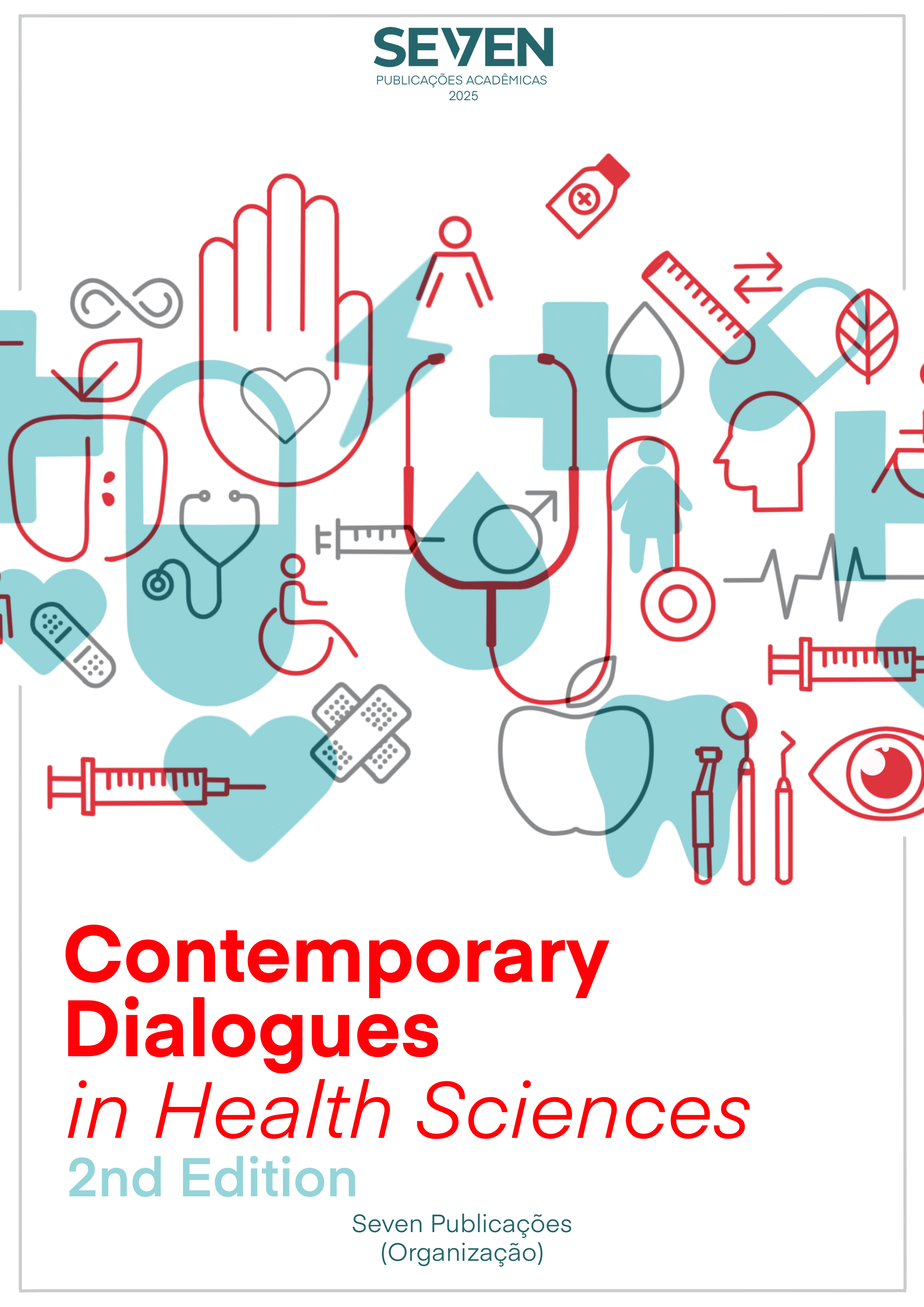HIPERTENSIÓN ARTERIAL RESISTENTE: EFICACIA DE LA ESPIRONOLACTONA Y TERAPIAS EMERGENTES ACTUALES EN EL MANEJO FARMACOLÓGICO
Palabras clave:
Hipertensión Resistente, Espironolactona, Antagonistas de Mineralocorticoides, Finerenona, Denervación Renal, Inhibidores de SGLT2Resumen
La hipertensión resistente (HRH) es una enfermedad multifactorial de difícil control clínico, asociada a una alta morbilidad y mortalidad cardiovascular y a desafíos terapéuticos persistentes. Este estudio tuvo como objetivo revisar críticamente la evidencia científica disponible sobre la eficacia de la espironolactona y el papel de las terapias farmacológicas emergentes en el manejo de la HRH. Se realizó una revisión bibliográfica integradora, que abarcó publicaciones indexadas en PubMed, Scopus, Web of Science, SciELO y la Biblioteca Cochrane, entre 2015 y 2025. Se incluyeron ensayos controlados aleatorizados, revisiones sistemáticas, metaanálisis y guías clínicas que evaluaron intervenciones farmacológicas aplicadas al tratamiento de la HRH. La muestra final consistió en 27 estudios de alta calidad metodológica. Los resultados demostraron que la espironolactona sigue siendo el fármaco de cuarta línea más eficaz, con una reducción promedio de 8 a 13 mmHg en la presión arterial sistólica y beneficios significativos en el control de la presión arterial refractaria. Los antagonistas de los receptores de mineralocorticoides no esteroideos, como la finerenona y la eplerenona, han demostrado una eficacia comparable y un mejor perfil de seguridad. Además, terapias emergentes, como los inhibidores de SGLT2, los antagonistas duales de los receptores de angiotensina-neprilisina (ARNI) y la denervación renal, han demostrado un potencial complementario para el control de la presión arterial y la protección cardiovascular. Concluimos que la espironolactona sigue siendo el tratamiento farmacológico estándar para la hipertensión resistente, mientras que las nuevas terapias amplían las perspectivas de un manejo personalizado e integrado, lo que refuerza la necesidad de enfoques multidisciplinarios y estudios comparativos a largo plazo.
Descargas
Publicado
Número
Sección
Licencia

Esta obra está bajo una licencia internacional Creative Commons Atribución-NoComercial 4.0.





